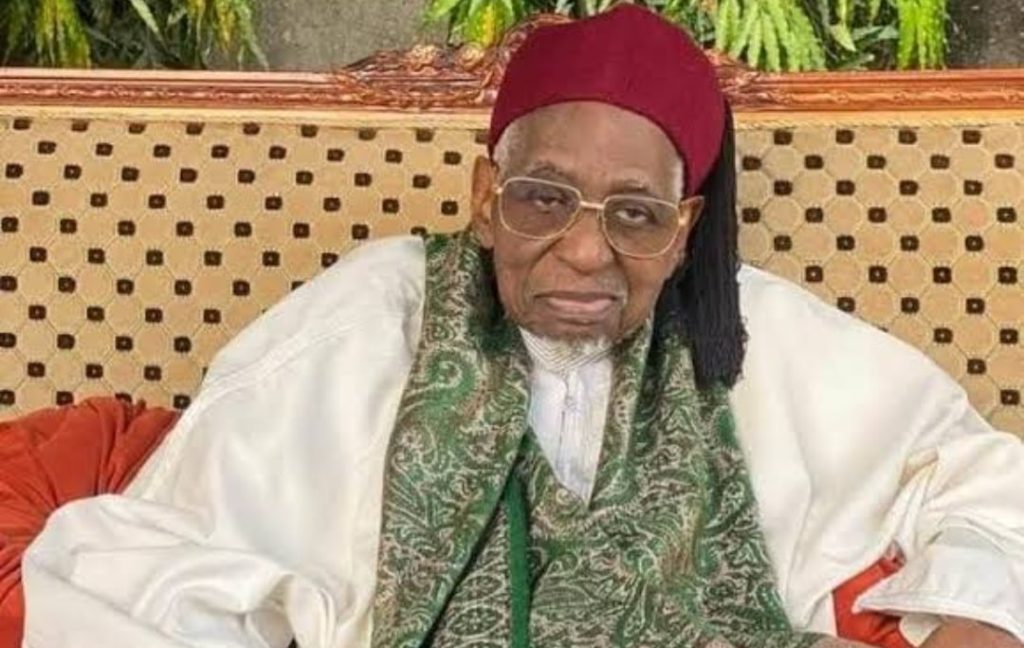India honored former Prime Minister Manmohan Singh with a state funeral on Saturday, celebrating the life and legacy of one of the architects of the country’s economic liberalization in the early 1990s. Singh, who served as prime minister from 2004 to 2014, passed away on Thursday at the age of 92, prompting seven days of state mourning.
State Honours and Global Tributes
The solemn ceremony, marked by full military honors and a gun salute, was attended by President Draupadi Murmu, Prime Minister Narendra Modi, and top civilian and military officials. Bhutan’s King Jigme Khesar Namgyel Wangchuck also joined the proceedings, reflecting Singh’s international stature.
Opposition leader Rahul Gandhi, who described Singh as his mentor, stood alongside Singh’s family during prayers before the cremation. Singh’s coffin, adorned with garlands and flanked by a guard of honor, was carried to the Congress Party headquarters in New Delhi. From there, it was taken through the capital to the cremation grounds, accompanied by a ceremonial guard.
Prime Minister Modi described Singh as “one of India’s most distinguished leaders,” while U.S. President Joe Biden praised him as a “true statesman” whose contributions would resonate for generations.
The Legacy of Manmohan Singh
Born in 1932 in the village of Gah, now in Pakistan, Singh rose from humble beginnings to become a transformative figure in Indian politics. An accomplished economist, Singh earned scholarships to study at Cambridge and Oxford, where he completed his doctorate.
Before entering politics, Singh held prestigious positions, including governor of India’s central bank and roles with global organizations like the United Nations. His political career took a decisive turn in 1991 when then-Prime Minister P.V. Narasimha Rao appointed him finance minister. Singh’s bold economic reforms during this time pulled India back from a severe financial crisis, paving the way for its emergence as a global economic powerhouse.
Though inexperienced in electoral politics, Singh was chosen as the Congress Party’s prime ministerial candidate in 2004. During his first term, he presided over an economic boom with GDP growth rates nearing nine percent and signed a landmark nuclear agreement with the United States to address India’s energy needs.
Challenges in Leadership
Singh’s second term, however, was marred by corruption scandals, high inflation, and slowing economic growth, which eroded public confidence in his government. This unpopularity, coupled with the lackluster leadership of Rahul Gandhi, contributed to Narendra Modi’s landslide victory in 2014, ending the Congress Party’s decade-long rule.
Despite these challenges, Singh remained respected for his humility, integrity, and contributions to India’s development.
National and Global Mourning
President Murmu lauded Singh for his “unblemished political life and utmost humility,” while tributes from around the world highlighted his role in shaping India’s modern trajectory.
Singh’s passing marks the end of an era in Indian politics, but his legacy as an economist and statesman will continue to inspire generations. As India bids farewell to this visionary leader, his contributions to the nation’s progress remain a testament to his dedication and service.













